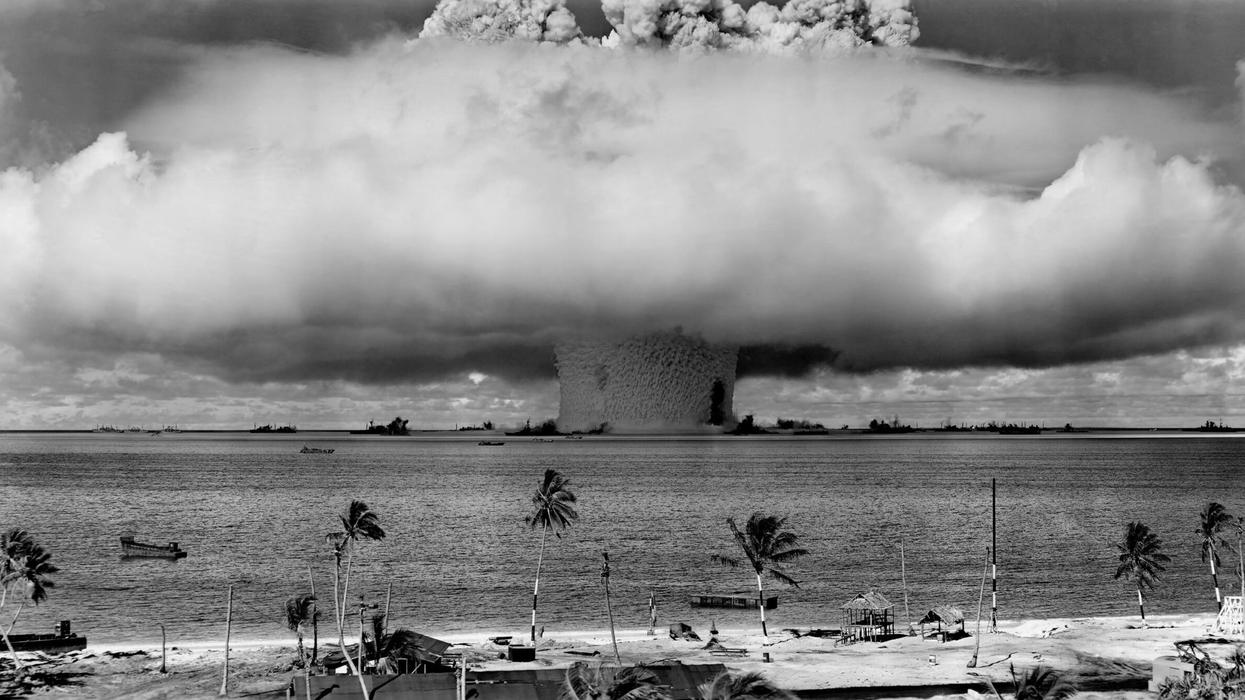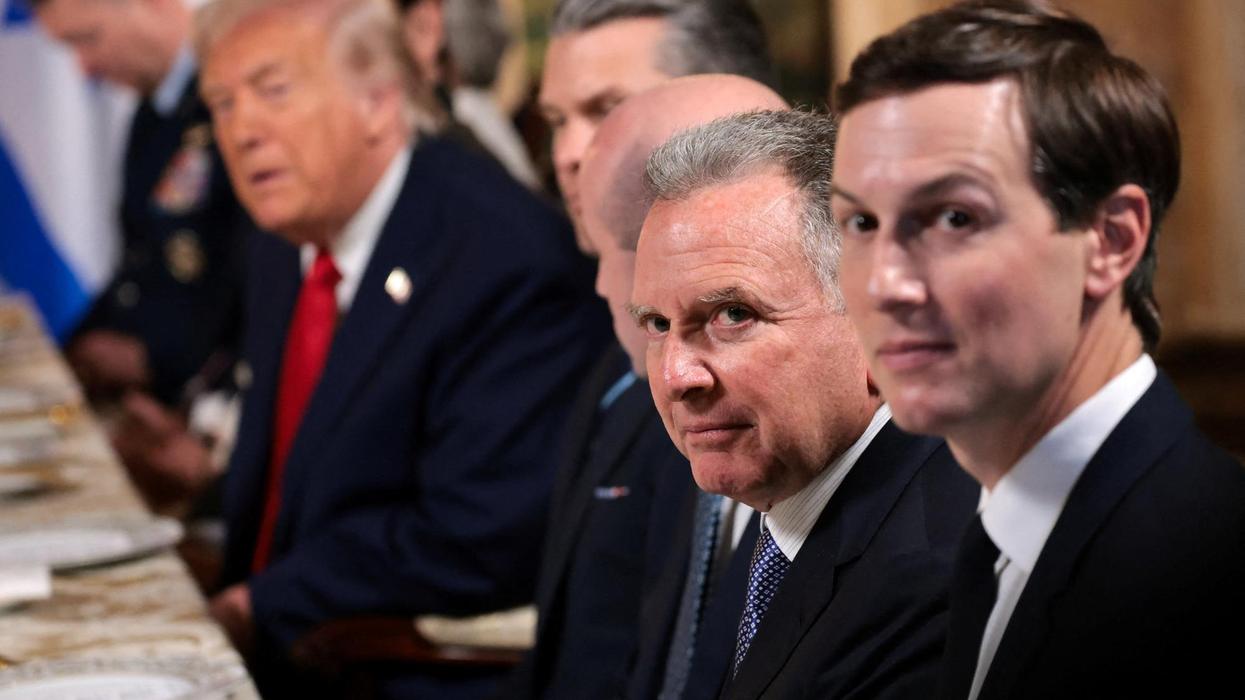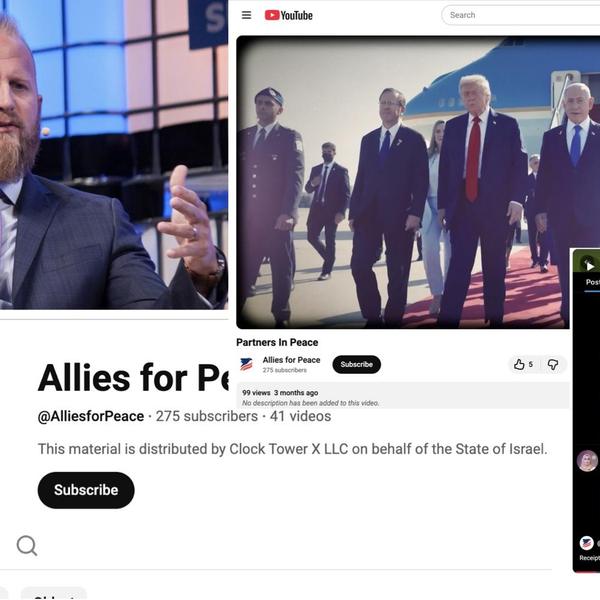In Doha last month, the international community stepped up to its responsibility and finally made its contribution to the Afghan peace process. But while the coronavirus pandemic not only poses an existential threat, the most serious in a century, it has also knocked the Afghanistan issue from headlines around the world.
Regardless, ending the war in Afghanistan remains key to the peace and stability of south and central Asia, its future prosperity through market connectivity, the realization of its plentiful resources, and of course, the on-going struggle against terrorism which has held the world in thrall for over two decades.
It is, therefore, important for the major role players who remain involved in the denouement of the situation in Afghanistan to grasp the opening and opportunity provided by the U.S.-Taliban peace agreement signed on February 29 in Doha.
The core content of the Doha deal is: (a) immediate cessation of military activity by the Taliban against U.S. and allied forces, and the promise to tackle al-Qaida/ISIS to ensure no terrorism emanates from Afghan soil against the West; and (b) drawdown of U.S. forces to 8,600 troops in 135 days and complete withdrawal of all U.S. and allied troops and civilian auxiliaries by April 2021.
The rest of the four-page Doha document provides a framework and pathways to the reduction of violence between the Taliban and the Afghan government, preferably a formal declaration of cessation of hostilities, and the start of an intra-Afghan dialogue by March 10 (which has passed without event) for national reconciliation leading to a consensus, representative government in Kabul.
In its essence, the Doha deal is a belated acknowledgement of the fundamental reality on the ground: that the U.S. and Taliban are the real protagonists, face to face, and the Kabul regime is a front and “puppet,” just as the Taliban has always asserted. It acknowledges that the outside intruder must quit this “endless and unwinnable” inferno and that the main issue is at what price in terms of loss of face and credibility. And finally, it acknowledges that the Afghans themselves are the arbiters of their destiny. No matter how brutal their behavior towards each other, they will not tolerate foreign orders.
Back in September 2018, I had observed, “The way forward for a meaningful peace process and the stability and durability of a negotiated outcome lie in an elusive internal consensus in Afghanistan, and a multilateral regional approach.” The latter is accomplished. It is beyond reason post-Doha that the major role players and the neighbors of Afghanistan — the U.S., Russia, China, Pakistan, Iran, and Saudi Arabia — may act as spoilers.
A normalized Afghanistan looks to evolve into the platform of market connectivity among central, south and east Asia for the realization of the vast resources of the region and the prosperity of its people. There may arguably be second thoughts in New Delhi, as its influence in Kabul would fade in the wake of U.S. withdrawal and the inception of a new dispensation in Afghanistan. The Indian policy of subversion of Pakistan via its western border shall stand compromised.
The intra-Afghan dialogue is the next phase and the only game in town. Already delayed, each passing day adds anxiety and fragility. U.S. State Secretary Mike Pompeo is distraught both at the reluctance of President Ashraf Ghani to engage in the prisoner swap (5,000 Taliban fighters vs 1,000 Afghan National Army soldiers) designed to trigger the dialogue, and the “failure” of Ghani and Abdullah Abdullah, another senior Afghan government official, to resolve their stand-off (both claim the presidency and they recently held separate inaugurations as head of state) and present a united front capable of leading the transition.
Pompeo travelled to Kabul on March 24 to admonish them despite the growing coronavirus situation. He laid on the pressure by announcing a $1 billion cut in U.S. aid, with the threat of a possible $1 billion to follow in April 2021. The U.S. already provides $6 billion in annual aid. Any government would collapse in bankruptcy in its absence.
During the past 10 days, President Ghani announced the composition of the government delegation to the intra-Afghan dialogue, and floated proposals for the prisoner swap. The Taliban outrightly rejected the first. As regards the second, the Afghan government-Taliban talks have ended in failure and the Taliban have walked out of this "fruitless" exchange. The logjam persists. The hope raised at Doha is fast fading.
Ghani is playing hard-to-get to enhance his weak position at home and with a disenchanted U.S. Abdullah Abdullah is sullen and silent, having been upstaged in the presidential controversy. On their part, the Taliban may dare resile from release of their imprisoned fighters only at the peril of disaffection in their ranks. Movement towards a peace process beyond Doha requires at the least a modus operandi amongst these three, if not mutual cooperation. Yet none seems to want to eschew jockeying for self-advantage.
History shows that beyond the obvious differences and divisions (ethnic, linguistic, regional) in Afghan polity and society, there lies a strong sense of identity and pride in their Afghan-ness. Over 40 years of relentless strife and upheaval have wreaked a heavy toll and has left the Afghan nation fatigued and war weary. The people at large are now, more than before, inclined to give peace and normalization a chance.
A relatively simple and well-understood new beginning could be a reversion to the old Afghanistan: constituent units decentralized and devolved along ethnic lines and geography, and a weak government in Kabul symbolizing unity and providing space for striking compromises among oligarchs and the resolution of differences among the autonomous units.
Regarding the process of transition, the South African experience provides an eminently successful framework as a guide.
To forestall anarchy in Afghanistan there must be trust and compromise. The focus must henceforth be on intra-Afghan dialogue. The question is, have the Afghans themselves learned from this and can they now turn their energies to recreating their nation?
















